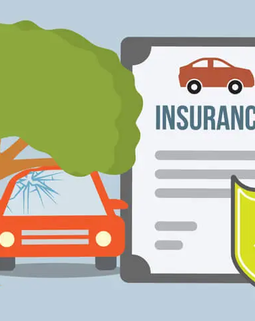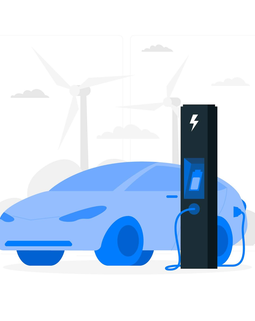Papua New Guinea's automotive market is witnessing a significant shift, with a growing demand for used cars. This trend is driven by a combination of economic factors, including the increasing cost of new vehicles, rising consumer demand for affordable transportation, and the expanding middle class. As more Papua New Guineans seek cost-effective mobility solutions, the used car market is becoming an essential segment of the country's automotive industry.
Market Trends: Factors Driving the Growth of Used Cars
The used car market in Papua New Guinea has been on an upward trajectory, fueled by several key factors. Firstly, the affordability of used vehicles compared to new ones makes them an attractive option for many consumers. With the economic challenges faced by the country, including fluctuating income levels and limited access to financing, purchasing a used car is often a more feasible option for many households.
Secondly, the availability of a wide range of models and brands in the used car market allows consumers to choose vehicles that suit their specific needs and preferences. This diversity in options has contributed to the market's growth, as buyers can find reliable vehicles at competitive prices.
Moreover, the increasing urbanization in Papua New Guinea has led to higher demand for personal vehicles, particularly in cities like Port Moresby. As public transportation options remain limited and often unreliable, owning a car has become a necessity for many urban dwellers, further boosting the demand for used cars.
Challenges: Navigating the Complexities of the Used Car Market
Despite its growth, the used car market in Papua New Guinea faces several challenges that could impact its long-term development. One of the primary issues is the lack of regulation and oversight in the market, which can lead to the sale of substandard or poorly maintained vehicles. This poses a risk to consumers, who may unknowingly purchase cars with hidden defects or a history of accidents.
Another challenge is the limited availability of reliable information about the history and condition of used cars. Without access to vehicle history reports, buyers may find it difficult to assess the true value and quality of a used car, leading to potential dissatisfaction and financial loss.
Furthermore, the cost of maintaining and repairing used vehicles can be high, especially for older models. The scarcity of spare parts and skilled mechanics in some regions of Papua New Guinea can exacerbate these challenges, making it more expensive and time-consuming to keep used cars in good condition.
Opportunities: Capitalizing on Market Potential
Despite the challenges, there are significant opportunities for growth in Papua New Guinea's used car market. The government and private sector can play a crucial role in fostering a more organized and transparent market. Implementing regulations that ensure the quality and safety of used vehicles, as well as establishing a standardized system for vehicle history reporting, could enhance consumer confidence and drive market growth.
Additionally, the development of a robust aftermarket industry, including the availability of spare parts and qualified mechanics, could support the maintenance needs of used car owners. This would not only improve the longevity of used vehicles but also contribute to the overall sustainability of the automotive sector in Papua New Guinea.
Moreover, the increasing interest in environmentally friendly transportation options presents an opportunity for the used car market to expand into the electric vehicle (EV) segment. With proper incentives and infrastructure development, Papua New Guinea could see a rise in the import and sale of used EVs, aligning with global trends toward sustainable mobility.
Conclusion: A Promising Future for Papua New Guinea's Used Car Market
Papua New Guinea's used car market holds significant potential for growth, driven by rising consumer demand and the need for affordable transportation options. However, addressing the challenges of regulation, information transparency, and vehicle maintenance will be crucial to unlocking this potential. By capitalizing on these opportunities, the market can continue to thrive, providing Papua New Guineans with reliable and cost-effective mobility solutions for years to come.





